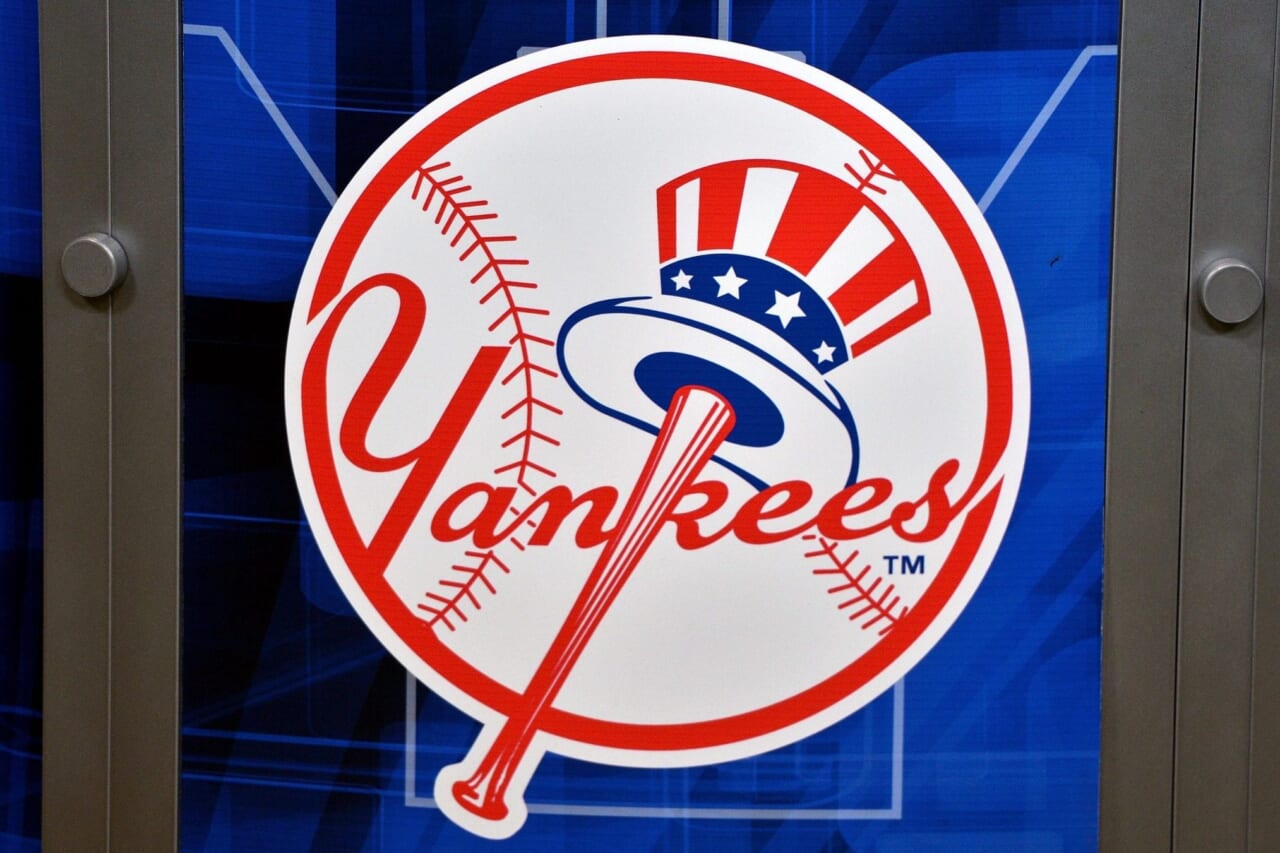
The recent signing by the New York Yankees of free-agent pitcher Gerrit Cole to a record nine years, $324 million contracts reminded some older fans of another time when they spared no expense to sign the best pitcher in baseball. This is the story of how the Yankees reeled in Jim “Catfish” Hunter.
It all began in February of 1974 when Hunter signed a two year deal with the Oakland Athletics-coming off their second straight World Series title-worth a total of $200,000 (You may commence laughing). There was a clause in the contract stipulating Oakland owner Charlie Finley pay a $50,000 annuity each year. When he learned he would have to pay $25,000 in taxes on the annuity with payment due, Finley balked and wouldn’t comply.
Hunter filed a grievance claiming breach of contract against Finley, and demanded he is declared a free agent. The case was heard November 26, 1974; on December 16, arbitrator Peter Seitz ruled in Hunter’s favor, making the 28-year-old right-hander baseball’s first true free agent.
23 of the 24 teams pursued Hunter. Only the San Francisco Giants passed on him. Even though the Kansas City Royals and San Diego Padres made bigger offers, Hunter turned them down as he wanted to play as close to his home state of North Carolina as possible.
Finally, with a little help from a scout named Clyde Kluttz-who also hailed from “The Tar Heel State-the Yankees signed Hunter, announcing the deal at a hastily called news conference on New Year’s Eve. The deal? Five years worth a then insane $3.5 million, making him the highest-paid pitcher in the history of the game at the time.
Hunter would help the New York Yankees win three division titles, three American League pennants, and two World Series titles. His talent, pitching savvy, and winning attitude were just the things the Yankees needed to re-establish themselves as the best team in baseball. They achieved that by a stroke of good fortune and just the right bait.